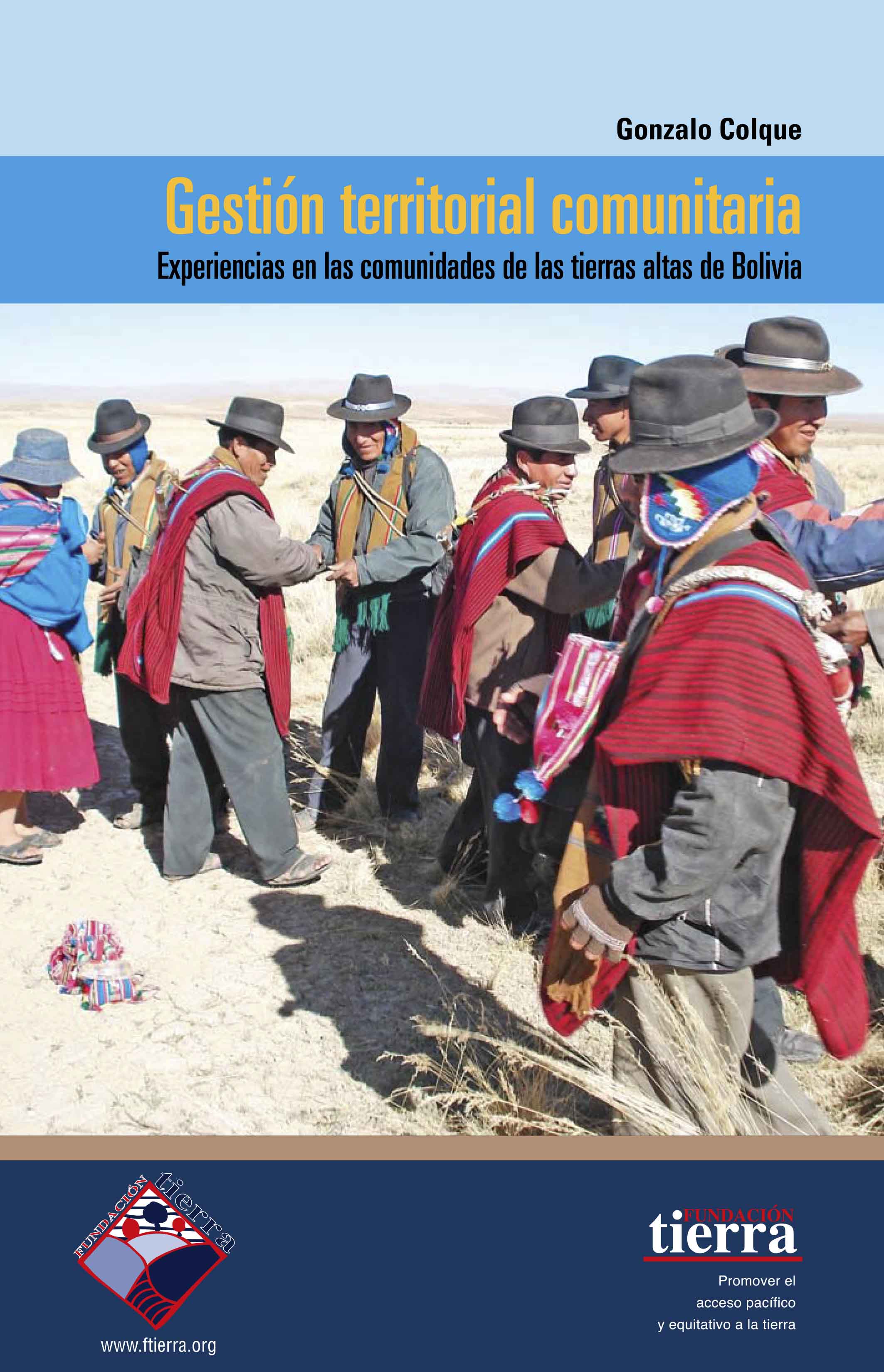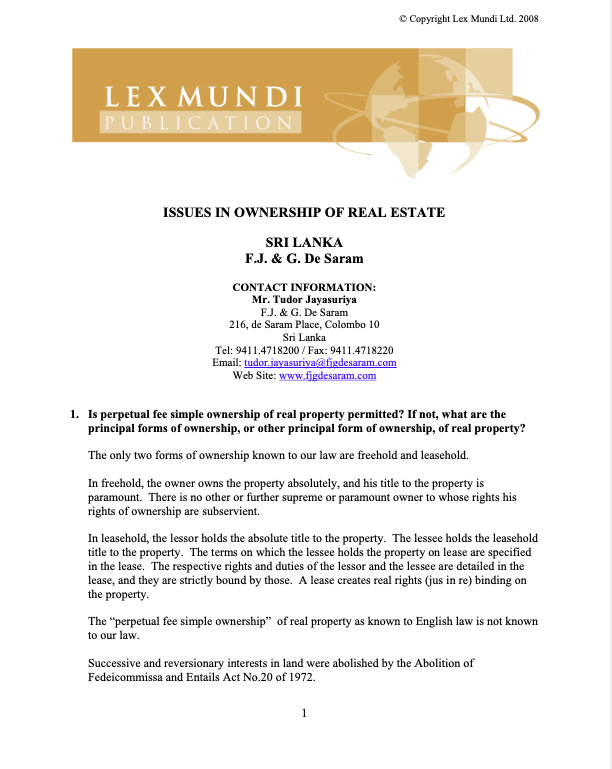Land Acquisition in Transitional Hanoi, Vietnam
This paper examines the institutional changes in Vietnam's urban development that have emerged as the economy has been restructured in a deliberate national policy entitled Doi Moi. The main focus is on the issue of compensation in land acquisition. Data were collected from field reconnaissance surveys, key informant interviews and secondary sources. Findings revealed a clear move towards the establishment of private property rights on land use, illustrated by the changes associated with land law and the dynamic interplays among the main actors in this transition.




